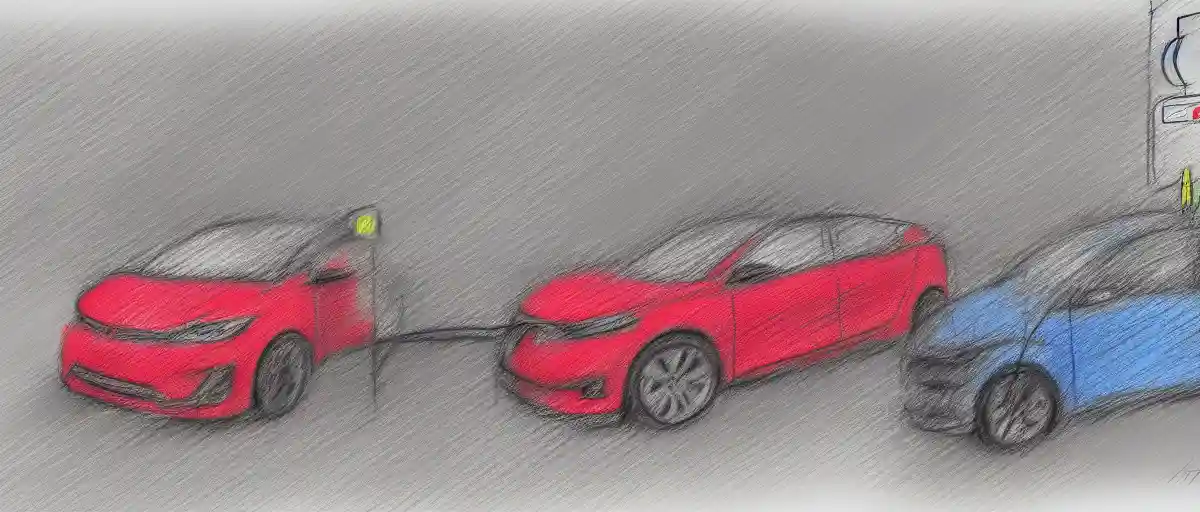This Could Also Be Right Up Your Alley:
The push by Republican lawmakers in California to reverse the state’s electric vehicle (EV) mandate has sparked intense debate over the future of sustainable transportation. On one side, these Republicans argue that the mandate would impose higher costs on consumers while limiting their choices. They believe that market-driven solutions, rather than government mandates, should guide the transition to EVs. On the other side, proponents of the EV mandate emphasize the environmental benefits and long-term savings associated with electric vehicles.
[Opinion: Against the EV Mandate]
Those against the EV mandate raise valid concerns about the potential financial burden it may impose on consumers. Transitioning to electric vehicles often entails higher upfront costs compared to traditional gasoline-powered cars. Additionally, some consumers may have preferences for certain types of vehicles or may require vehicles that are not yet widely available in the EV market. Forcing automakers to sell more EVs through a mandate could limit consumer choice and potentially hinder economic growth.
[Opinion: For the EV Mandate]
Supporters of the EV mandate argue that it is a necessary step to combat climate change and reduce greenhouse gas emissions. With over 680,000 registered electric vehicles in California, the state has already made significant progress in adopting EV technology. By increasing the number of EVs on the road through the mandate, California can continue to lead the way in reducing air pollution and promoting cleaner transportation. Moreover, the long-term savings in fuel costs and the potential for lower maintenance expenses make electric vehicles an attractive option for many consumers.
Finding a balance between promoting electric vehicle adoption and addressing the concerns raised by lawmakers and consumers is crucial. While the potential costs and limited choices raised by opponents of the EV mandate should be acknowledged, it is equally important to consider the overarching goal of reducing greenhouse gas emissions. The transition to electric vehicles requires a comprehensive approach that combines market-driven solutions and supportive government policies. Ultimately, a well-informed and inclusive discussion will be key in shaping the future of sustainable transportation.
Here's A Video We Thought You Might Also Like:
Author Profile

- As a technology reporter, I strive to unravel the complexities of the digital age, including its impact on politics. From AI to cybersecurity, I explore the intersection of technology and governance.
Latest entries
 Breaking News2023.12.18Hispanic Democratic Lawmaker Shocks Party, Joins Republicans in Pushing for Tougher Border Security!
Breaking News2023.12.18Hispanic Democratic Lawmaker Shocks Party, Joins Republicans in Pushing for Tougher Border Security! Breaking News2023.12.17Kellyanne Conway’s Bold Move to Reshape the Republican Party’s Abortion Strategy!
Breaking News2023.12.17Kellyanne Conway’s Bold Move to Reshape the Republican Party’s Abortion Strategy! Breaking News2023.12.15Joe Biden’s Struggle for Black Voter Support Can He Regain Their Trust
Breaking News2023.12.15Joe Biden’s Struggle for Black Voter Support Can He Regain Their Trust Breaking News2023.12.15Explosive Demand for Answers on Denied Border Funding Stirs Controversy
Breaking News2023.12.15Explosive Demand for Answers on Denied Border Funding Stirs Controversy






